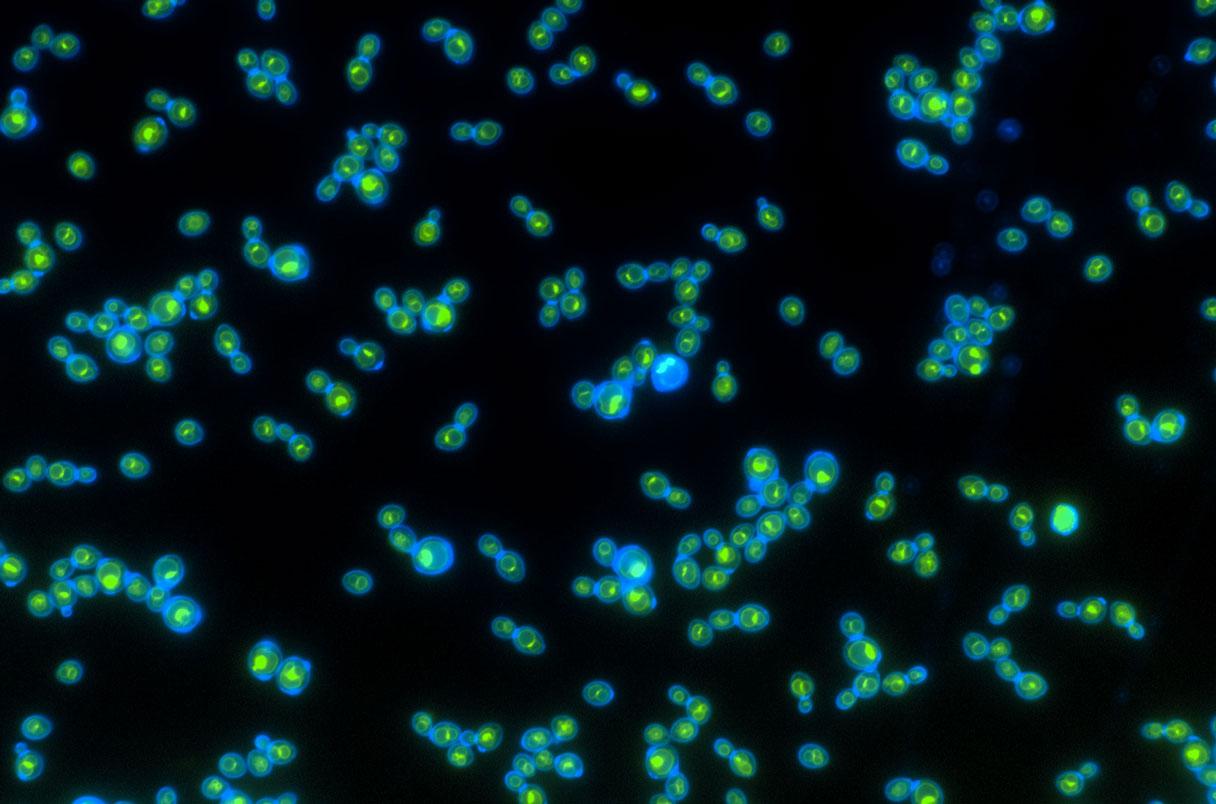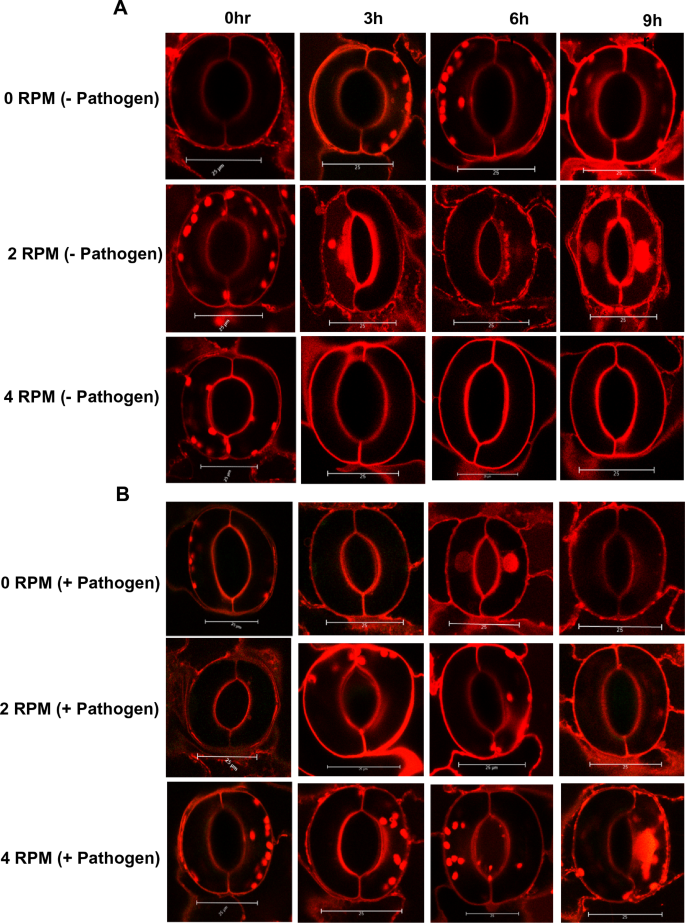2024-01-17 タフツ大学
◆48,000人以上の女性を対象にした研究では、果物、野菜、パン、豆、パスタなどの植物由来のタンパク質を摂取することが、心臓病、がん、糖尿病、認知症、メンタルヘルスの衰えを軽減することが示されました。中年期に植物由来のタンパク質を積極的に摂取することが、高齢期の健康維持に寄与する可能性が強調されました。
<関連情報>
- https://now.tufts.edu/2024/01/17/diets-rich-plant-protein-may-help-women-stay-healthy-they-age
- https://www.sciencedirect.com/science/article/pii/S0002916523662823?via%3Dihub
中年期における食事性蛋白質摂取と健康的老化との関係-前向き看護師健康調査コホートからの結果 Dietary protein intake in midlife in relation to healthy aging – results from the prospective Nurses’ Health Study cohort
Andres V Ardisson Korat, M Kyla Shea, Paul F Jacques, Paola Sebastiani, Molin Wang, A Heather Eliassen, Walter C Willett, Qi Sun
The American Journal of Clinical Nutrition Available online:17 January 2024
DOI:https://doi.org/10.1016/j.ajcnut.2023.11.010

Abstract
Background
Protein intake plays an important role in maintaining the health status of older adults. However, few epidemiologic studies examined midlife protein intake in relation to healthy aging.
Objectives
The objective of this study was to evaluate the long-term role of dietary protein intake in healthy aging among female participants in the prospective Nurses’ Health Study (NHS) cohort.
Methods
We included 48,762 NHS participants aged <60 y in 1984. Total protein, animal protein, dairy protein (a subset of animal protein), and plant protein were derived from validated food frequency questionnaires. Healthy aging was defined as being free from 11 major chronic diseases, having good mental health, and not having impairments in either cognitive or physical function, as assessed in the 2014 or 2016 NHS participant questionnaires. We used multivariate logistic regression adjusted for lifestyle, demographics, and health status to estimate the odds ratios (ORs) and 95% confidence intervals for protein intake in relation to healthy aging.
Results
A total of 3721 (7.6%) NHS participants met our healthy aging definition. Protein intake was significantly associated with higher odds of healthy aging. The ORs (95% confidence intervals) per 3%-energy increment with healthy aging were 1.05 (1.01, 1.10) for total protein, 1.07 (1.02, 1.11) for animal protein, 1.14 (1.06, 1.23) for dairy protein, and 1.38 (1.24, 1.54) for plant protein. Plant protein was also associated with higher odds of absence of physical function limitations and good mental status. In substitution analyses, we observed significant positive associations for the isocaloric replacement of animal or dairy protein, carbohydrate, or fat with plant protein (ORs for healthy aging: 1.22–1.58 for 3% energy replacement with plant protein).
Conclusions
Dietary protein intake, especially plant protein, in midlife, is associated with higher odds of healthy aging and with several domains of positive health status in a large cohort of female nurses.
Keywords
healthy aging;diet:protein;animal protein;plant protein;lifestyle
Abbreviations
AHEI;alternative healthy eating index:CI;confidence interval:CVD;cardiovascular disease:FFQ;food frequency questionnaire:FRAIL;Fatigue, Resistanc, Ambulation, Illnesses and Loss of Weight;GDS-15,Geriatric Depression Scale;,METmetabolic equivalent:NHS,Nurses’ Health Study;OR,odds ratio;SF-36,short-form health survey;SSB,sugar-sweetened beverage;TICS,Telephone Interview for Cognitive Status


